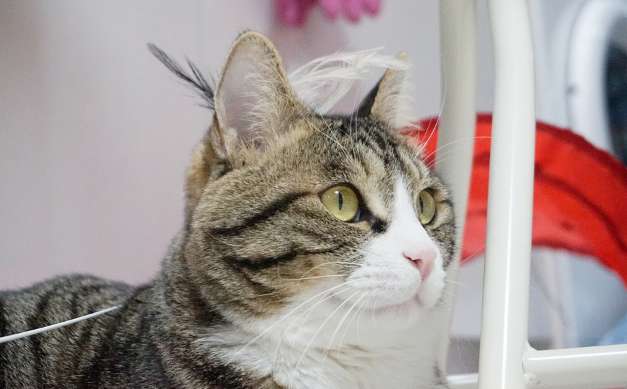Having a cat is not the slightest responsibility. Your new activity will need love and attention, especially in the first months of training. If you expect your kitten to live a long and healthy life, her behavior and habits should be checked regularly, she should be examined by a vet and receive adequate hygiene and nutrition. Talking about nutrition, carbohydrates can make your cat companion happy and healthy as well. So hygiene and nutrition are the most important aspect of it. Mrs. Crazy Cat’s characteristics can also be useful here. During my embrace, I spent some time hoping to address all the elements to maintain the kitten’s health and well-being.

Give Proper Nutrition and Hydration
Many cats complain about poor nutrition. Cats particularly want the amino acid taurine for good cardiovascular health and reduce the potential for blindness. A well-fed kitten also wants a low carbohydrate diet. Too many carbohydrates can upset the cat’s blood sugar and insulin balance and can cause diabetes. Also, cats are not very thirsty, so it is important to keep water available at home.
Keep the Place Tidy
Sometimes regular visits to the vet can help maintain your cat’s overall health, and you also have to look after a kitten with care at the base. If you notice blood everywhere (stool, skin), call your vet immediately.
Visit the Vet
 As for food: do you eat your meals from the same plate before washing it for several days in a row? Your cat should not do that. Keep the water and dishes clean. Replace the water in the aquarium at least once a day. Remove stains from your cat cleanly and gently.
As for food: do you eat your meals from the same plate before washing it for several days in a row? Your cat should not do that. Keep the water and dishes clean. Replace the water in the aquarium at least once a day. Remove stains from your cat cleanly and gently.
Visits to the vet should not replace healthy living at home, but it is worth it if allowed. Cats must be taken to the vet. Older cats (7 years old) can benefit much more from six-monthly visits, as most psychiatric disorders are treated if detected early. Examine your pet’s habits and behavior at home, and be sure to ask your vet about any obvious changes.
A newly adopted cat should be taken to the vet within the first week; kittens within the first three days. Your visit to the vet will probably include a visit to the vet: internal and external pest control. Refreshing vaccinations and inoculations, based on your vet’s recommendations and your kitten’s personal needs
Give Regular Dental Cares
 Cats, for example, many pets, dogs are subject to oral health problems. Whether your kitten is prone to develop such diseases depends on several factors, the most important of which is the rate at which calcium accumulates in the cat’s teeth. Most vets recommend starting preventive dental care regularly from the age of two.
Cats, for example, many pets, dogs are subject to oral health problems. Whether your kitten is prone to develop such diseases depends on several factors, the most important of which is the rate at which calcium accumulates in the cat’s teeth. Most vets recommend starting preventive dental care regularly from the age of two.
Others, such as Dr. Lisa Pierson, an expert in cat nutrition, say that these dental health benefits are exaggerated. Pierson says that many cats have whole kibble and do not chew them.
A wide range of approaches to keep your kitten’s teeth under control is a must as well. Regular cleaning of your kitten’s teeth can reduce the risk of plaque and tartar formation. There are also risks if your cat is well prepared to drink them.

